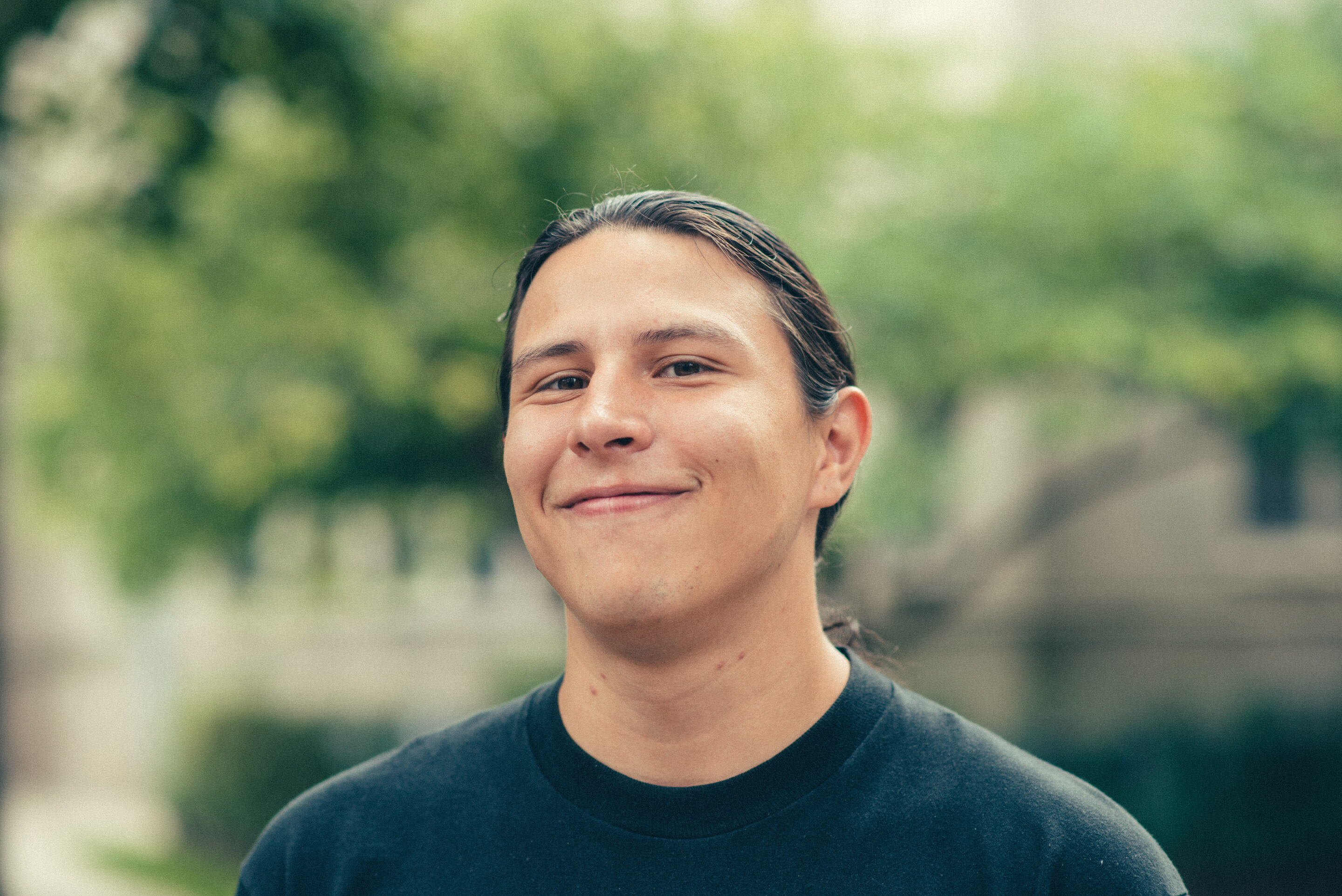Indigenous Water Education: Towards a Paradigm for Supporting Ethical Relations With and Complex Thinking About Water
Forrest Bruce
About the research
Award
NAEd/Spencer Dissertation Fellowship
Award Year
2024
Institution
Northwestern University
Primary Discipline
Science Education
One of the most vital challenges facing humanity is learning to live in just, sustainable relations with water. Doing so will require systems of education that cultivate an ethic of care for and complex thinking about water and the rest of the natural world. Through three interrelated studies this dissertation will 1) examine the ways that humans make relations with and engage in complex reasoning about water and 2) explore how core principles of outdoor water-based education manifest in learning environments to support ethical relations, deliberation and complex socioecological reasoning.
The first study will examine co-design processes for water-based learning in an Indigenous STEAMsummer program in order to articulate principles for water-based learning environments in other settings. The second study will examine the implementation of water-based activities within the same summer program to contribute to existing frameworks for understanding the construction of human-water relations in learning environments. The third study will build on previous work investigating cultural models of the natural world. Through two cognitive tasks I will examine cross-cultural developmental differences in the way that people engage in complex reasoning and decision-making as they construct models of water in changing ecosystems.
This dissertation will provide a more robust understanding for the ways that humans learn to make relations with and reason about water. Further, it will expand the field’s understanding of water education by offering a model for supporting ethical relations with and complex thinking about water.
About Forrest Bruce

Forrest Bruce (Ojibwe) is a PhD student in the Learning Sciences at Northwestern University. He is broadly interested in land-based education and the design of community-based learning environments that support Indigenous ways of knowing and being. He received a BS in Social Policy from Northwestern University and worked in Chicago Public Schools’ American Indian Education Program (Title 6) for a year before joining the ISTEAM research project, first as a research coordinator then later as a graduate student.
